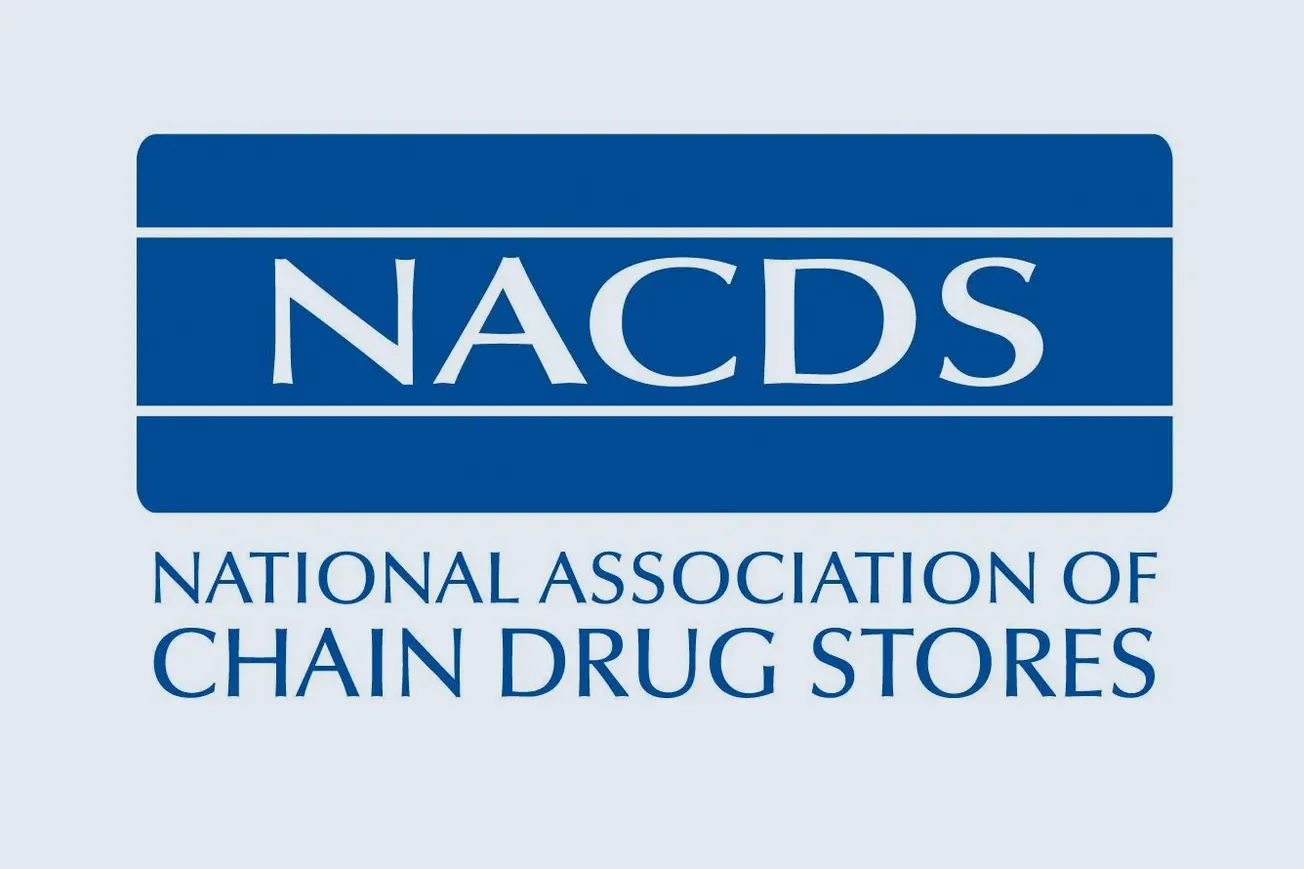BENTONVILLE, Ark. — Walmart is examining ways that it can significantly increase its presence in the nation’s health care system.
Walmart is examining ways that it can significantly increase its presence in the nation’s health care system.
According to a report by National Public Radio (NPR) and Kaiser Health News, the world’s largest retailer sent out a request for information (RFI) from potential partners, asking them to detail their expertise in such areas as managing and monitoring patients with chronic health conditions including diabetes and heart disease as well as such complex conditions as HIV, depression and sleep apnea. Ironically, the request was sent out in late October, the same week that the company announced it would no longer offer health insurance to new part-time employees.
Walmart has confirmed that it sent out the request, which it described as an effort to define its next strategic steps. However, on Wednesday afternoon, after news of the action had spread online, John Agwunobi, senior vice president and president of Walmart U.S. Health & Wellness, issued a statement to clarify the scope of the RFI, asserting that the company is in fact "not building a national, integrated, low-cost primary care health care platform."
Instead, a company spokeswoman emphasized, Walmart is currently gathering information and is not soliciting proposals from potential partners in any strategic move.
Walmart’s 140 in-store clinics might play a major role in any initiative that results. Walmart is the No. 3 operator of clinics nationwide, distantly trailing CVS Caremark Corp.’s 550 Minute Clinics and Walgreen Co.’s 355 Take Care clinics. Unlike CVS, which owns and staffs its Minute Clinics, Walmart leases space in its stores to independent clinic operators.
The results of this strategy have apparently been uneven. Whereas in 2007 Walmart unveiled a target number of 400 clinics by 2010, it has fallen well short of its goal, perhaps because the clinic concept has yet to prove itself financially: CVS, for example, expects its Minute Clinics to break even for the first time this year, after operating them since 2006.
Some analysts see the plan as just another ploy to increase customer traffic and shore up market share by expanding the services offered at Walmart’s clinics. To have a significant impact, however, the number of clinics would also have to be expanded dramatically.
The move is also likely a response to the huge need for primary care that will emerge in 2014, when federal health care reform takes full effect. Under the law, in-store clinics could collaborate with doctors and hospitals to form accountable care organizations.
In any case, it would probably be a mistake to dismiss the possibility as a mere sales tactic. When Walmart introduced its $4 generic drug program in 2006, retail pharmacies initially reacted with disdain, but thanks to Walmart’s vast scale, the program reshaped the retail pharmacy landscape.





